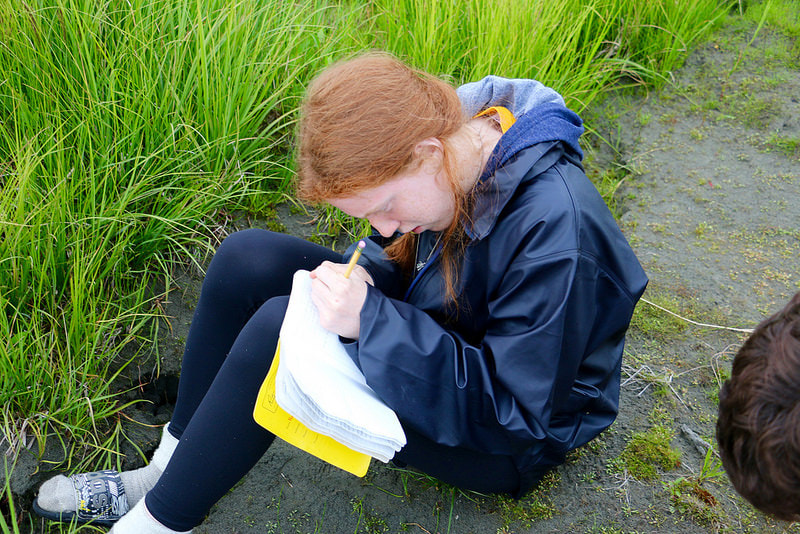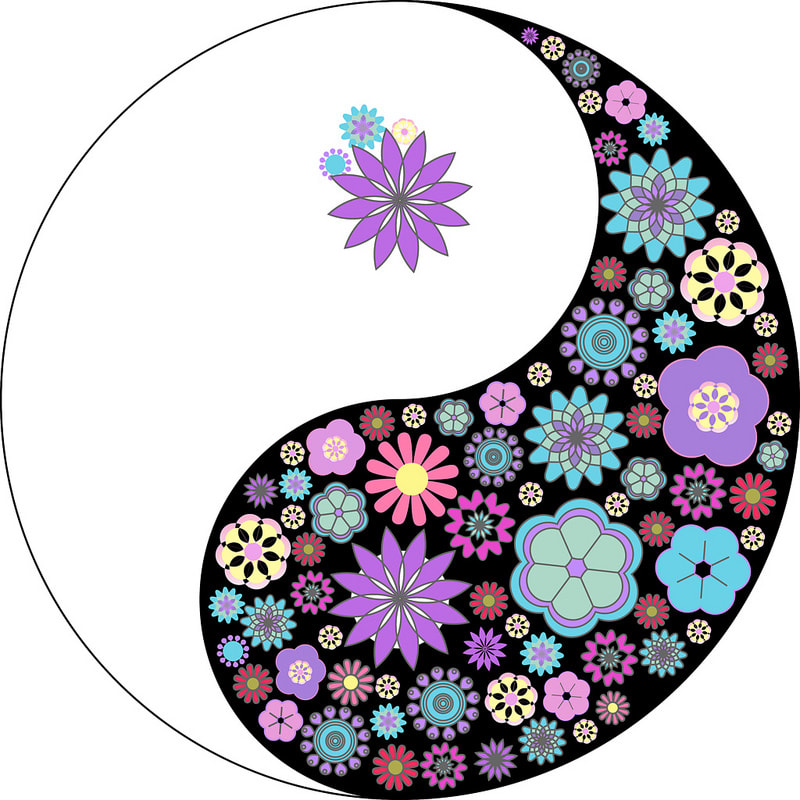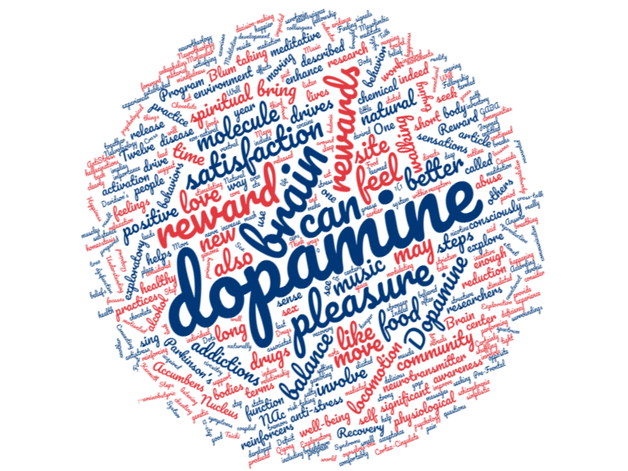|
In an article focused on the benefits of guided imagery, hypnosis, and cognitive behavioral therapy in alleviating the symptoms of fibromyalgia, researchers noted, "Current analyses endorse the efficacy and tolerability of guided imagery/hypnosis and of the combination of hypnosis with cognitive-behavioural therapy in reducing key symptoms of fibromyalgia." - Zech, N., E. Hansen, et al. (2017). "Efficacy, acceptability and safety of guided imagery/hypnosis in fibromyalgia - A systematic review and meta-analysis of randomized controlled trials." Eur J Pain 21(2): 217-227. [Read more].
0 Comments
This year eat, sleep, move your body, meditate, sing, love and if you can do it in community even better. According to Kenneth Blum et al (2015) “Finding happiness may not only reside in our genome [genetic material or genes] but may indeed be impacted by positive meditative practices, positive psychology, spiritual acceptance, love of others and self, and taking inventory of ourselves-one day at a time.” Happiness Will the new year be happier for you? Do you have a meditative practice that also involves movements, like Qigong, Taichi, breathing exercises, yoga, chanting, running, etc. Do you seek to bring new awareness to your psychological state and how you feel? Do you practice love of self and others? In the 2015 article entitled, "The Molecular Neurobiology of Twelve Steps Program & Fellowship: Connecting the Dots for Recovery," in the Journal of Reward Deficit Syndrome 1(1): 46-64, Blum and his colleagues outline each step of the Twelve Step Recovery Program in terms of what is happening in the brain and how dopamine (pleasure and anti-stress brain chemical) is involved. Dopamine The researchers note, "A breakdown of this Brain Reward Cascade will lead to the dysregulation and dysfunction of dopamine homeostasis [balance]. Dopamine has been established as the pleasure and antistress molecule. Any reduction in dopamine function can result in a deficiency in reward that leads to substance seeking behavior [addictions]." While the article focuses on people with significant addictions who are trying to recovery, there are some lessons for all of us in how we seek community and how we look for rewards and support in our lives. Neurotheology First, let's consider these questions: How can we use the sensations we experience in the world and our beliefs about our surroundings to feel better and help our communities function better? How can we bring more awareness to our lives and see the path forward more clearly? This is really at the core of the neurotheology or the spiritual neuroscience of brain health and dopamine. Dopamine is a neurotransmitter or a small molecule that is produced in the brain and helps nerve signals travel from one place to another. It also helps us feel good, feel rewarded, and move comfortably. In a simplistic way, Parkinson's disease, with its tremors, tight muscles, chronic back pain can be described as not enough dopamine, as is also true of some people with significant addictions. At the opposite end of the spectrum, schizophrenia with it hallucinations and breaks with reality can be described as too much dopamine. Brain Cross Talk and Well Being The researchers continued, "There is evidence that through the 12-step program and fellowship cross-talk [communication] between the Pre-Frontal Cortex-Cingulate (site of decision-making) and the Nucleus Accumbens (NAc) (site of craving behavior) is developed. The site of the brain where one experiences feelings of well-being is called the Mesolimbic System and has been termed the reward center. The reward center is where chemical messages, including dopamine (DA), serotonin, enkephalins, and γ-aminobutyric acid (GABA), work together, to provide a net release of dopamine in the Nucleus Accumbens. " AntiStress "Dopamine, as stated earlier, has been associated with pleasure and is the primary neurotransmitter modulating the activation of the reward system of the brain. It has been called the anti-stress molecule and the pleasure molecule. When dopamine is released receptors are stimulated and feelings of well-being and stress reduction increase." Food, Sex, & Exploration "Drugs of abuse are considered to be stronger positive reinforcers than natural reinforcers (like food and sex). Natural rewards include satisfaction of physiological drives (like hunger and reproduction and exploratory locomotion), and unnatural rewards are learned and involve satisfaction of acquired drives. Acquired drives involve hedonic sensations and pleasure derived from alcohol, other drugs, as well as, from gambling and other risk-taking behaviors." When an individual is trying to make up for not enough dopamine they may use drugs and other non-natural rewards. Think about your practices around food and sex. Do you feel like you have a healthy relationship to both? Are you stimulating the brain reward centers naturally? Is Chocolate the Answer? Certainly chocolate and salty grease foods can be satisfying for a short period of time but when was the last time you ate delicious healthy food prepared with love that brought you pleasure and a deep sense of satisfaction? Move Your Body "Exploratory locomotion" is the third natural reward. How often do you move as you explore your environment? Many of us drive cars and are moving in space as we see new sights but our bodies are not moving. This research implies that we have a physiological drive to move our bodies and explore new things in our environment. And that our brain rewards this "exploratory locomotion" with a better balance of dopamine and a strong sense of satisfaction. Other research indicates that consciously long walking or taking long steps can also enhance the balance of dopamine in the body. One of the symptoms of Parkinson's disease (too little dopamine) is the development of a shuffling gait or walking with short steps. One way to counteract this and improve walking, balance, and muscle relaxation is to consciously take long steps. Music
"The reinforcing effects of drugs of abuse such as cocaine, alcohol, nicotine, food, and music are mediated in the NAc, a site within the ventral striatum. Indeed, it is believed that this structure directs motivated behaviors, elicited by natural rewards or incentive stimuli." In what ways do you involve music in your life? Do you sing to or listen to music in a community setting? Does performing or listening to music bring you pleasure and satisfaction? Meditation "Other work by Davidson’s group on mindfulness reveals the importance of mediation in terms of brain activation of the reward circuitry. Understanding this could suggest that meditation coupled with enhance spiritual belief may indeed induce dopamine release" and a happier new year. |
Kimberly Burnham, PhD (Integrative Medicine)
860-221-8510 phone and what's app. Skype: Kimberly Burnham (Spokane, Washington) NerveWhisperer@gmail.com 4 Month Brain Health Coaching Package $600 includes: 8 one hour session (twice a month) plus ... Details Here
Regular Rate $120 per hour
Free 20-30 minute consultations available.. Call 860-221-8510 PST or email NerveWhisperer@gmail.com for an appointment this week.
Archives
January 2018
Categories
All
|




